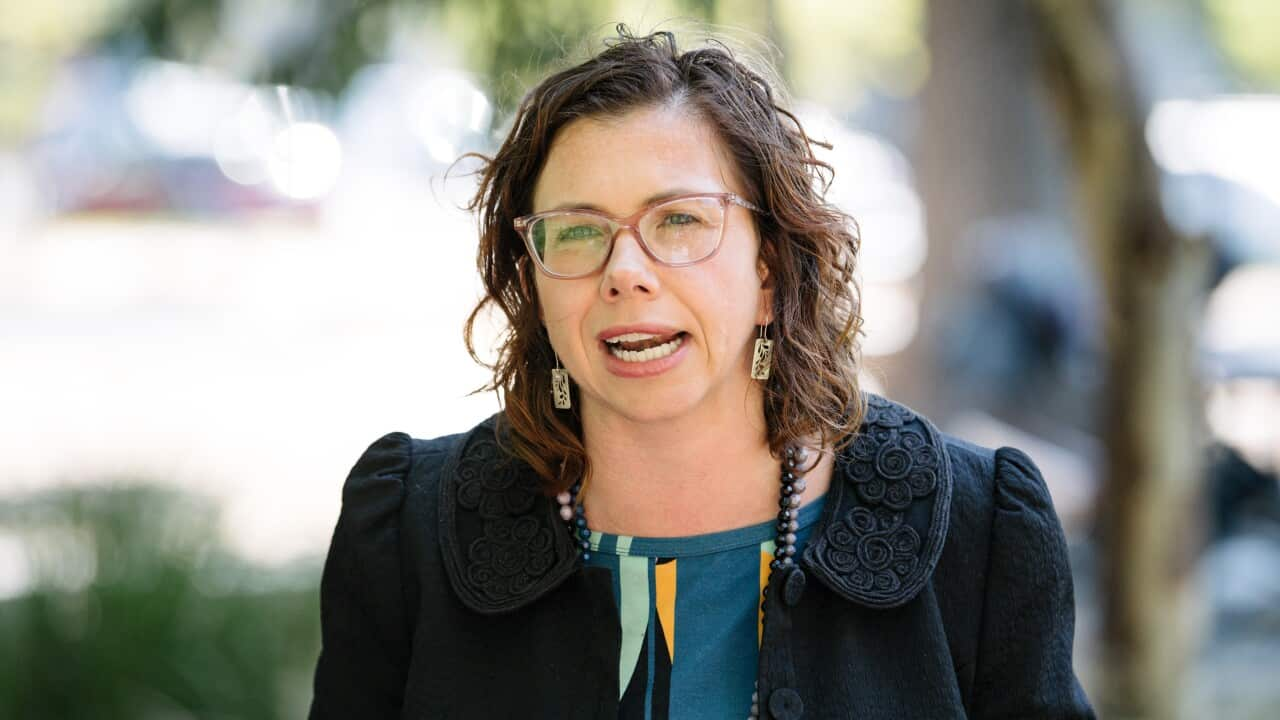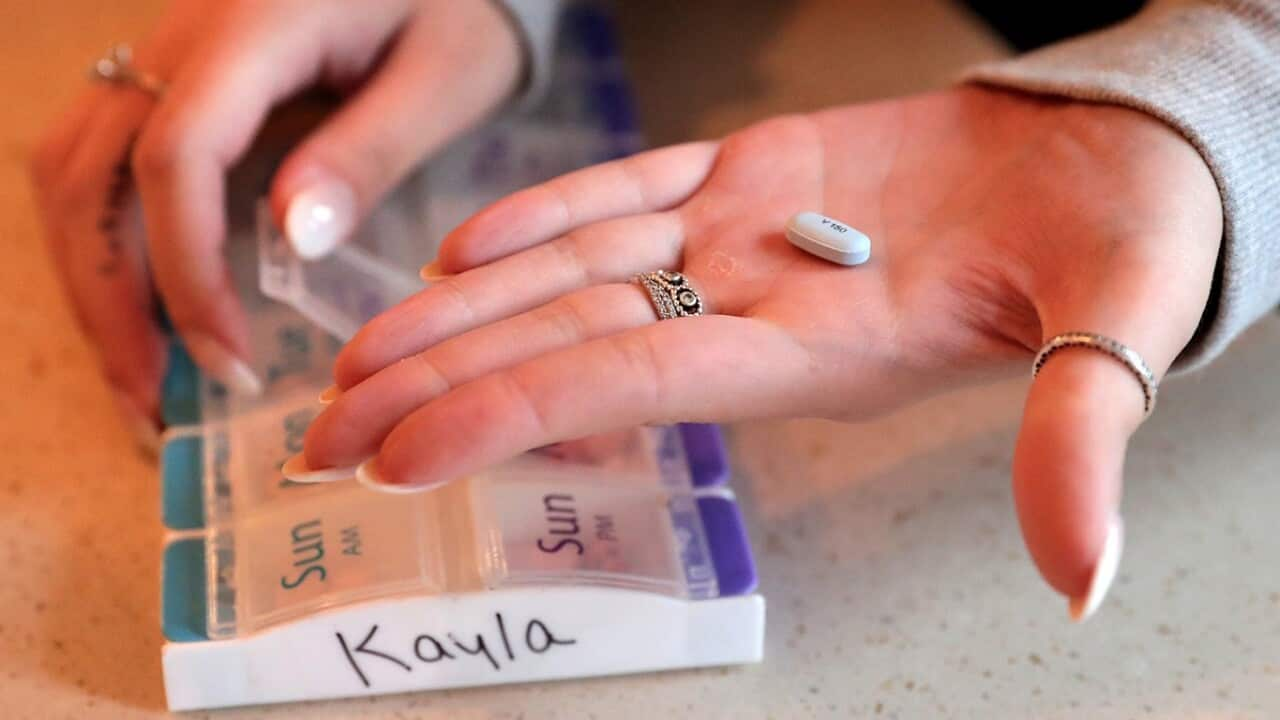Key Points
- It's expected nearly $200 million in out-of-pocket costs will be saved under the measure per year
- The proposal was a Labor election promise, the changes would be implemented from January 2023
When Greg's son Simon was diagnosed with type one diabetes, the news came as a shock.
"Nothing can quite prepare you as a parent for the news that your child has a chronic illness," he said
While managing his son's insulin levels has become an intrinsic part of family life, Greg said affording his medication hasn't been easy.
"Type one diabetics require two types of insulin, plus other medications around it, plus equipment, plus good food," he said.
"As a parent, you're never going to want to choose between can I afford this particular medication and can I afford something else."
The household budgets of people like Greg could soon be given some relief after the federal government introduced legislation to parliament on Wednesday to reduce the cost of medicines covered by the Pharmaceutical Benefits Scheme (PBS).
Under the new bill, the maximum general co-payment of government-subsidised medications on the PBS would drop from $42.50 to $30.
If passed by parliament, it would come into effect on 1 January 2023 and be the first time in the scheme's 75-year history that the maximum cost of scripts falls.
A person who takes just one medication a month could save up to $150 a year.
The savings could rise up to as much as $450 a year for those who need three medications.
Prime Minister Anthony Albanese said the changes would help millions of Australians struggling with cost of living pressure.
"This will make a real difference to families who are doing it tough," he said.
Health Minister Mark Butler said it's expected Australians will save almost $200 million in out-of-pocket costs under the measure each year.
"We've been told by pharmacist after pharmacist of stories of patients coming to them with multiple scripts and asking for advice about which ones they really need today, and which ones they can go without," he said.
"Often they'll be taking the script that provides them more immediate relief, for example, a pain medication, but going without a script that is important for their longer-term health.
"That is just terrible for public health."
The cost reduction was one of Labor's key federal election promises, with the Opposition offering a similar policy during its campaign.
"This shows that the Albanese government is implementing a Coalition policy that was announced during the election campaign which they matched," Liberal frontbencher Simon Birmingham said.

Greg's (far-right) family is one of many that could save hundreds of dollars each year under proposed changes to the PBS. Source: AAP / MICK TSIKAS
National president of the Pharmacy Guild of Australia, Professor Trent Twomey, also welcomed the move.
"We live in a very lucky country, we live in a very rich country, and Australians shouldn't have to decide which family member they can afford to treat which month, or which medication they go without," he said.
"Whether it's Greg and his son Simon that have type one diabetes, or whether it's somebody that's on a blood-thinning medication to prevent them from having a stroke, or whether it's somebody who is on the expensive preventer puffer from asthma and is overusing their cheaper reliever puffer, this is something that's going to take a real, meaningful first step to returning the principle of universal healthcare to Australia."
Greg said he and his son Simon are happy for all the support they can get.
"The cost of medication, insulin in particular, is non-negotiable. You have to have insulin to live, and so any help that can be done to reduce the cost of that is greatly appreciated," he said.
With AAP












